Producing poultry without antibiotics? Yes, we can!
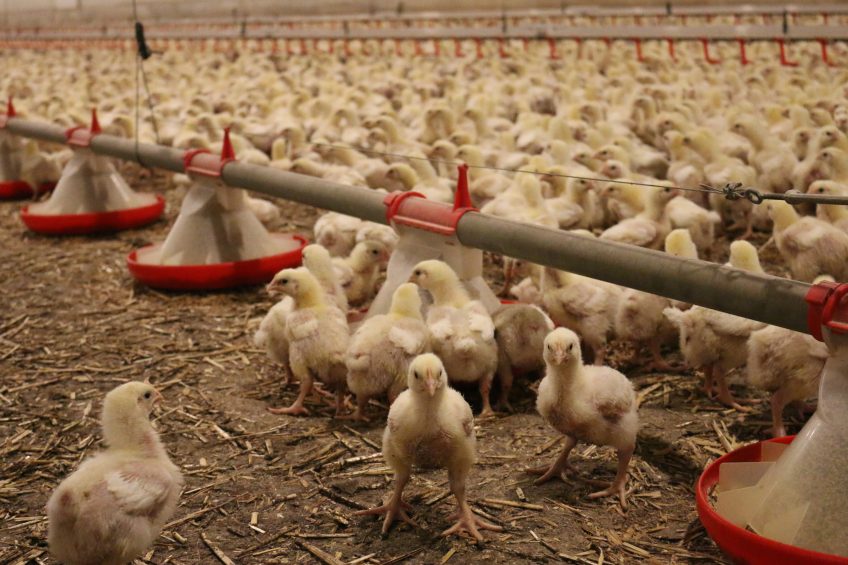
Producing poultry without antibiotics is not only possible, but beneficial for farmers, animals and consumers. Fortunately, natural nutritional options exist to anticipate and prevent problems that may occur in farms, along with the growing knowledge on the impact of nutrition on animal immunity.
In poultry farming, there are different types of bacteria, some common to all species (such as E. Coli), others are more specific to certain species (such as Enterococcusfaecalis causing arthritis in chickens or Ornithobacterium rhinotracheale causing rhino-tracheitis in turkeys). There are risky situations (such as the start-up or finishing phase) and the transmission of diseases can be vertical, from selection breeding, through the hatchery to production. To defend themselves, young chicks have two types of immunity: innate immunity and acquired immunity, the latter being more effective when the young chick is in quick contact with a diverse microbial flora, which occurs naturally. It is this ‘adaptive’ immunity that will allow the chick to develop antibodies and to have a specific defence system. “This adaptive immunity in construction in the young chick depends upon the intestinal microbiota and some raw materials and specific additives can stimulate its development,” says Fabrice Robert, R&D manager at CCPA Group, who adds that “the antioxidant status of the young chicks depends also on the diet of the hens.”
Protect the intestinal barrier
An experiment conducted by Gaucher in 2015 on eight chicken farms showed that stopping antibiotic or coccidiostatic treatments led to an increase in cases of clinical and sub-clinical necrotic enteritis and the consumption index, the latter increasing from 1.78 for conventional farms to 1.84 for farms without antibiotic treatments. Then, experimental models have shown that Clostridium perfringens is not sufficient to induce the appearance of necrotic enteritis, the latter being dependent on a large number of risk factors such as feed (energy content, proteins or amino acids), intestinal damage or immunosuppression caused by different stresses (heat, density, vaccination, etc).
All these stresses alter the intestinal barrier and the gut integrity, causing an imbalance in the intestinal flora and opening the way to health problems and reduced production. “It is possible to protect the integrity of the intestinal barrier and maintain the balance of the microflora by suitable nutrients containing fibres, oligosaccharides or plants containing biologically active molecules,” says Mr Robert, adding that some essential oils and flavonoids have an anti-inflammatory activity at a very low dose (0.1 ppm) (see Figure 1). For the past three years, the CCPA Group has been evaluating together with the INRA (National Institute for Agricultural Research), Toulouse, in a joint FeedScreen laboratory the effect of feed ingredients on the intestinal response. An experiment conducted by the CCPA Group and the Veterinary Research Institute of Brno, Czech Republic, has highlighted the protective role of the intestinal barrier of specific plant extracts (Curcuma + Scutellaria). These plant extracts achieved to reduce the inflammatory response of the intestine and improved its intestinal barrier function, when inoculating chicks with Salmonella between 1 and 21 days.
Figure 1 – Anti-inflammatory activity of plant extracts.

Phyto-expertise
“For 18 years, phyto-expertise has been a major investment of the CCPA Group and is at the heart of its know-how for all animal species, especially poultry,” says Mr Robert. In addition to the Janzé plant near Rennes, the Group has several unique tools in Europe such as the Euronutrition experimental station or its laboratories network (150,000 raw material, feed and premix analyses per year).
“We pioneered a new approach to study the relationship between nutrition and animal resistance to their environment, with the goal of raising animals to maintain their health status and minimising the use of antibiotic treatments,” says Mr Robert. This innovative programme, entitled Axion, has therefore resulted in the development of a complete range of dietary supplements for poultry, pigs, ruminants and rabbits, using natural herbal ingredients with specific biological effects and formulations adapted to the animal health status.
Among the dietary supplements of the programme, one of them, Axion FeedStim, is of particular interest to poultry farmers because it maintains the performance and consumption of feed during natural periods of stress such as spawning, infections, heat or other stress. A test was conducted in 2015 in the Czech Republic in summer conditions at more than 30°C. Here, there were 1.2 million chickens in the control group and 2 million chickens in the group supplemented with Axion FeedStim from 28 to 34 days of age. The supplemented group resulted in an improvement in all studied parameters: one day gained on the slaughter age (33.3 days vs 34.1 days, for the control group), a 3% reduction of the consumption index (1.680 versus 1.721, for the control group) and a significant improvement in the performance index (339 vs 321, for the control group).
“We don’t intend to ban all antibiotics as these must remain active to cure bacterial diseases for humans as well as for the farm animals,” concludes Mr Robert. “Thanks to a better knowledge of feed ingredients and their physiological impacts, it is important to keep the animal in balance with its environment, in an optimal state of health. Under these conditions, it is definitely possible to do without antibiotics.”
| Author: Gaëtan Rocaboy, Poultry department manager, CCPA GROUP |
 Beheer
Beheer



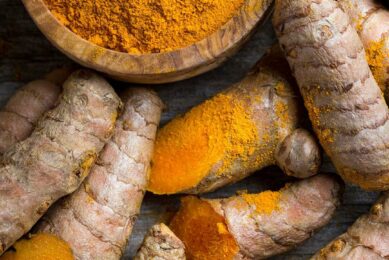
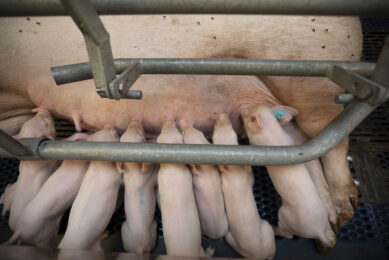
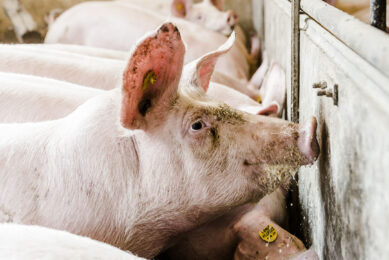
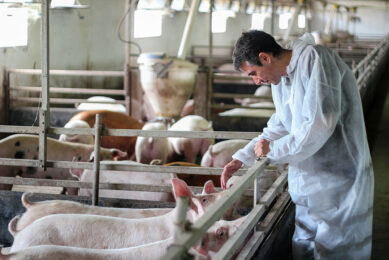



 WP Admin
WP Admin  Bewerk bericht
Bewerk bericht